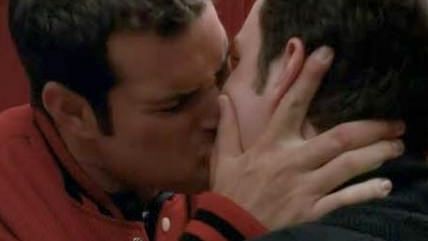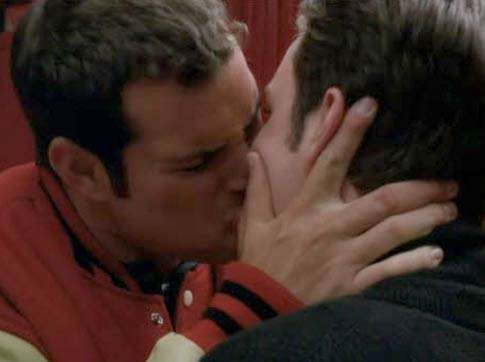Supreme Court Won't Weigh In on Gay 'Cure' Bans for Minors


California passed a law in 2012 that banned the use of "reparative therapies" on gay youths. That is to say the state made it against the law for mental health professionals to attempt to cure homosexuality for anybody under the age of 18. They were the first state to do so and other states have followed.
The law was subsequently challenged on First Amendment grounds and defended by the state delcaring its authority to regulate the activities of the mental health profession. Those defending the right to engage in reparative therapies lost their challenges and had asked the Supreme Court to take up the issue. Today the Supreme Court turned them away, leaving intact California's ban. From the Associated Press:
The 9th U.S. Circuit Court of Appeals ruled last year that California lawmakers properly showed that therapies designed to change sexual orientation for those under the age of 18 were outside the scientific mainstream and have been disavowed by most major medical groups as unproven and potentially dangerous.
"The Supreme Court has cement shut any possible opening to allow further psychological child abuse in California," state Sen. Ted Lieu, the law's sponsor, said Monday. "The Court's refusal to accept the appeal of extreme ideological therapists who practice the quackery of gay conversion therapy is a victory for child welfare, science and basic humane principles."
The law says professional therapists and counselors who use treatments designed to eliminate or reduce same-sex attractions in their patients would be engaging in unprofessional conduct and subject to discipline by state licensing boards. It does not cover the actions of pastors and lay counselors who are unlicensed but provide such therapy through church programs.
As a gay man of a certain age, I have heard any number of horror stories from men and women who have been exposed to this kind of "treatment," often involving absurd (smelling dog food) to painful (electric shocks) attempts at aversion therapy. Having said that, we should deeply concerned about the potential impacts of professional policies in private fields being established by the actions of politicized government legislative bodies. It wasn't an act of Congress that caused the American Psychological Association (APA) to drop homosexuality from its list of mental disorders, even if it was heavily lobbied and somewhat politicized decision (for the time). The APA was ahead of the government anyway, given how long it took for sodomy laws to be struck down.
The court may dismiss the First Amendment concerns here, but the law is truly telling psychologists what they may and may not discuss with their patients. And given that the law can't affect the behavior of unlicensed therapists anyway, California teens with unaccepting parents may still find themselves shipped off to some camp in the woods somewhere.


Show Comments (93)